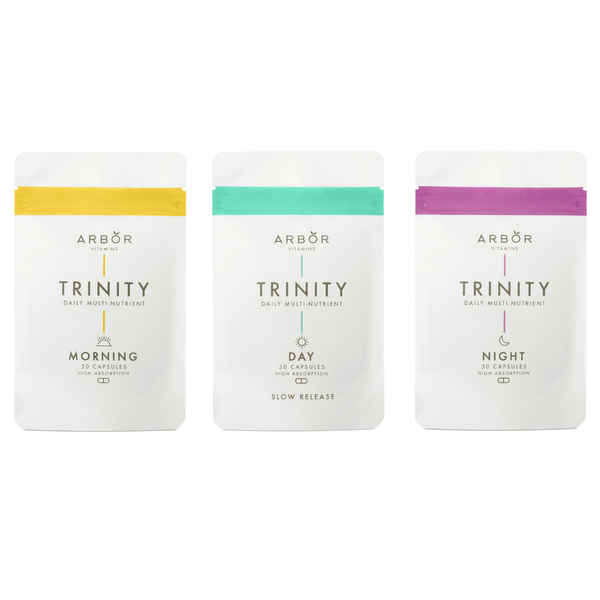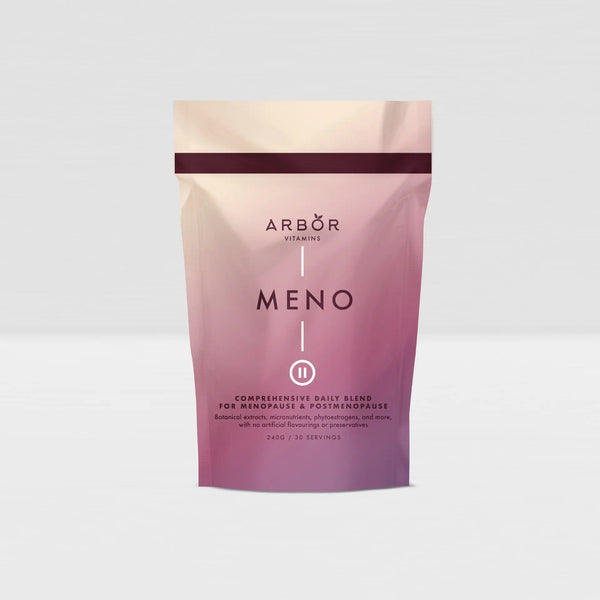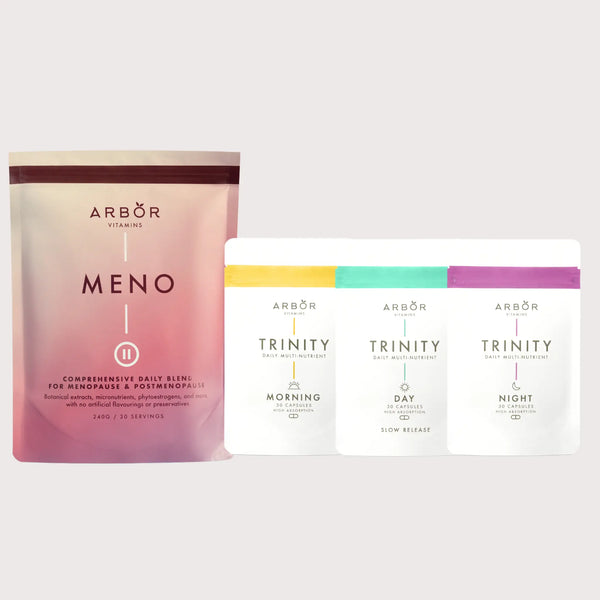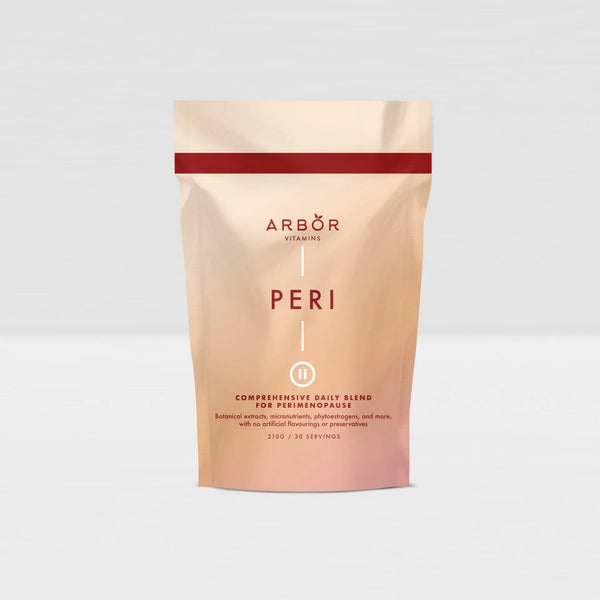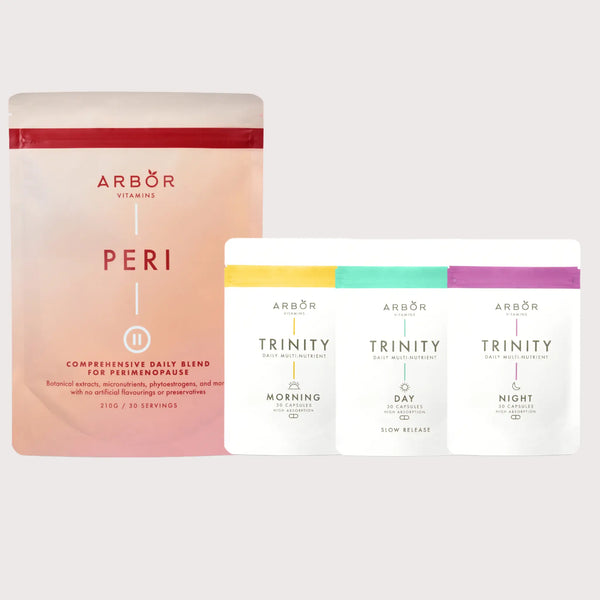Does blood type affect nutrition?
Does blood type affect nutrition?: In the realm of personalised nutrition, one theory that has gained attention, albeit with a dose of skepticism, is the influence of blood type on dietary needs and responses. Originating from the popular "Blood Type Diet" proposed by Dr. Peter D'Adamo, the hypothesis suggests that certain foods are more suitable for individuals based on their ABO blood type. But how much of this is rooted in science, and how much is mere conjecture? Let's explore.
A Brief Overview of Blood Types
Human blood is categorised into four primary types: A, B, AB, and O, determined by the presence or absence of antigens and antibodies. The theory proposed by D'Adamo suggests that these blood types evolved at different points in human history, with specific dietary practices predominant at each stage1. Therefore, according to this theory, by eating foods suited to our blood type, we might optimise health and reduce the risk of certain diseases.
Blood Type and Digestive Enzymes
One of D'Adamo's claims is that different blood types produce varying amounts and types of digestive enzymes, influencing dietary choices1. For instance, he posits that Type O, the oldest blood type evolutionarily, is better suited for a diet rich in animal proteins, reflecting a hunter-gatherer lifestyle.
However, it's worth noting that scientific evidence supporting these claims is sparse. Most studies on digestive enzymes, such as amylase or lipase, focus on pathological states, like pancreatitis, rather than blood types2.
Blood Type and Disease Susceptibility
There's evidence, though not directly related to nutrition, suggesting certain blood types may have a slightly higher or lower risk for specific diseases. For example, research indicates that blood type O individuals might have a reduced risk of developing severe malaria compared to other blood types3. Similarly, preliminary data during the early COVID-19 pandemic hinted at differential susceptibilities based on blood type4.
While these findings are intriguing, it's a leap to connect disease susceptibility directly to optimal dietary choices based solely on blood type.
The Gut Microbiome Connection
Recent research has unearthed potential links between blood type and gut microbiota composition. One study found that certain gut bacteria were more prevalent in individuals with specific blood types, possibly due to blood type-related differences in gut mucin composition5.
Given the pivotal role of gut flora in nutrient metabolism, inflammation, and overall health, this correlation might suggest potential dietary optimisations based on blood type. However, more research is needed before drawing actionable conclusions.
Challenges and Criticisms
Several criticisms surround the blood type diet and the broader concept of blood type-based nutrition:
-
Lack of Empirical Evidence: There's a dearth of large-scale, rigorous studies directly linking blood type to optimal diet. Most claims, while intriguing, lack substantive empirical backing6.
-
Overgeneralisation: The categorisation of entire food groups as "beneficial" or "detrimental" based on blood type might oversimplify the complexities of human nutrition.
-
Genetic Variability: While the ABO blood type is a piece of one's genetic makeup, countless other genes influence nutritional needs and metabolism. Focusing solely on blood type might overlook broader genetic influences on diet.
Concluding Thoughts
The intersection of blood type and nutrition remains a tantalising, albeit controversial, area of research. While the blood type diet's broad claims lack robust scientific backing, the potential links between blood type, disease susceptibility, and gut microbiome composition warrant further investigation.
For now, individuals should approach the idea of blood type-based nutrition with caution. A balanced diet, rich in whole foods and tailored to individual needs, remains a cornerstone of health, regardless of one's ABO type.
References:
Footnotes
-
D'Adamo, P. (1996). Eat Right for Your Type. G.P. Putnam's Sons.
-
Carrière, F., et al. (1999). Secretion and contribution to lipolysis of gastric and pancreatic lipases during a test meal in humans. Gastroenterology, 117(4), 874-883.
-
Rowe, J. A., et al. (2007). Blood group O protects against severe Plasmodium falciparum malaria through the mechanism of reduced rosetting. Proceedings of the National Academy of Sciences, 104(44), 17471-17476.
-
Zietz, M., & Tatonetti, N. P. (2020). Testing the association between blood type and COVID-19 infection, intubation, and death. medRxiv.
-
D'Adamo, P., & Kelly, G. S. (2001). Metabolic and immunologic consequences of ABH secretor and Lewis subtype status. Alternative Medicine Review, 6(4), 390-405.
-
Cusack, L., et al. (2013). Blood type diets lack supporting evidence: a systematic review. The American journal of clinical nutrition, 98(1), 99-104.


